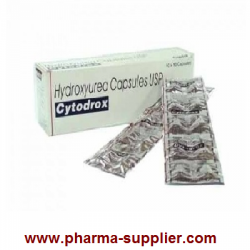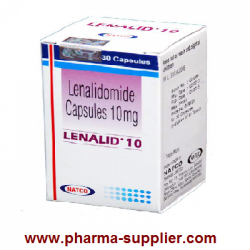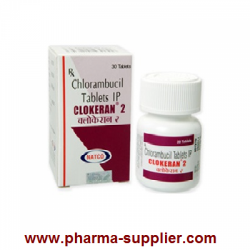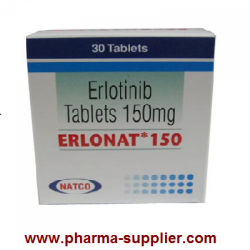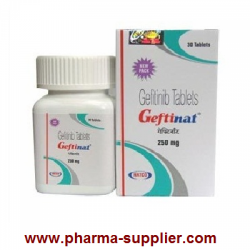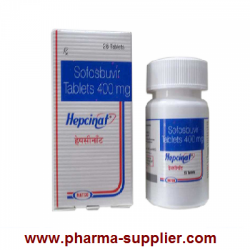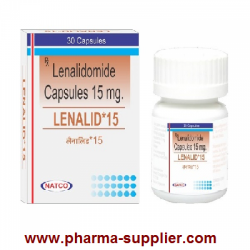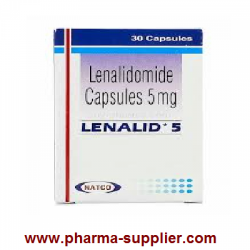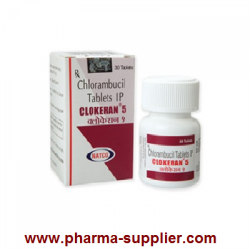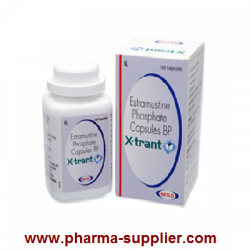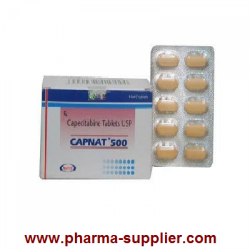Natco Pharma
![]()
What is Betnovate-S Cream Used For
Betnovate-S (Betamethasone 0.1% w/w + Salicylic Acid IP 3.0 % w/w) helps to reduce the redness, itching, and swelling of skin conditions such as eczema, psoriasis, contact dermatitis, and seborrhea. Betnovate-S helps to reduce the redness, itching, and swelling of skin conditions such as eczema, psoriasis, contact dermatitis and seborrhea.
Betnovate S Cream Uses and Benefits
Betnovate S Cream is used in the treatment, control, prevention, & improvement of the following diseases, conditions and symptoms:
- Skin problems
- Eczema
- Allergic disorders
- Skin conditions
- Ulcerative colitis
- Arthritis
- Lupus
- Psoriasis
- Bronchial asthma
- Atopic dermatitis
- Scalp psoriasis
- Hands psoriasis
- Feet psoriasis
- Skin diseases
- Acne
- Blemishes
- Skin redness
- Dandruff
- Calluses and corns
Betnovate S Cream Interactions
Medicine and salt interactions may increase or decrease the activity of Betnovate S Cream when taken together with certain other medicines. Betnovate S Cream may interact with the following medicines and salts:
- Amphotericin b
- Carbamazepine
- Fluocinolone
- Hydroquinone
- Isotretinoin
- Lofexidine
Side Effects of Betnovate-S Cream
If the following side effects occur after use of Betnovate S Ointment you should report to your prescriber or health care professional as soon as possible:
- burning or itching of the skin
- dark red spots on the skin
- infection
- lack of healing of the skin condition
- painful, red, pus-filled blisters in hair follicles
- severe burning and continued itching of the skin
- thinning of the skin, with easy bruising, sunburn more likely especially on the face
Other serious side effects can develop if you use Betnovate-S Ointment for a long time, or if you use too much. Contact your prescriber or health care professional if you notice any unusual effects.
Side effects that usually do not require medical attention (report to your prescriber or health care professional if they continue or are bothersome):
- burning, itching, or irritation of the skin
- dry skin
- increased redness or scaling of the skin
What is Geftinat (Gefitinib 250mg Tablets)?
Geftinat (Gefitinib 250mg Tablets) containing the active ingredient gefitinib is considered a tyrosine kinase inhibitor type of medication. The medication works by blocking the action of certain natural substances to prevent cancer cells from multiplying and spreading. The tablets should be taken when other drugs have proven to be ineffective in the treatment of non small cell lung cancer.
Geftinat (Gefitinib 250mg Tablets) works
Geftinat (Gefitinib 250mg Tablets) blocks a protein called ‘epidermal growth factor receptor’ (EGFR) which is involved in the growth and spread of cancer cells.
How is Geftinat (Gefitinib 250mg Tablets) used?
Geftinat (Gefitinib 250mg Tablets) is usually taken orally once per day or as directed by a doctor. The medication can be taken with or without food but should be taken along with a glass of water. Dosage and length of treatment will depend on the patient's condition and their response to the therapy, contact a doctor for the correct dosage. Should the patient experience difficulty swallowing the tablets whole, it may be dropped into a glass of water, allowed to disperse in the water for about 10 minutes, stirred and taken as a liquid.
Geftinat (Gefitinib 250mg Tablets) Side effects:
Vomiting, dizziness, headache, constipation, nausea, diarrhea, and rash are the common side effects of Gefitinib. If any of these effects continuing for a long time or the condition become uncontrolled, contact your doctor immediately.
Geftinat (Gefitinib 250mg Tablets) may rarely cause serious side effects such as:blurred vision, chest pain, new or worsening cough with fever, tiredness, loss of appetite, upper stomach pain, bloody stools, dark urine, jaundice, severe skin reactions.
Geftinat (Gefitinib 250mg Tablets) Warnings
While using the medication the doctor may request frequent blood tests to check your liver function.
Immediately proceed to your nearest emergency department if you suffer an allergic reaction. Symptoms usually associated with such a reaction include difficulty breathing or swallowing, chest tightness, swelling, skin rashes, and hives.
Geftinat (Gefitinib 250mg Tablets) is not always suitable for all patients. Always consult your health care provider prior to using this medication if you are pregnant, breastfeeding, trying to conceive, using any other medication (prescription or non-prescription), using any herbal products or supplements, or if you have any allergies or other health problems.
The correct dosage and prescription commonly depend on the patient and the condition being treated. Do not adjust your dosage without the approval of your health care provider. This product is only for use as prescribed and instructed.
Geftinat (Gefitinib 250mg Tablets) Overdosage:
Symptoms of a Geftinat (Gefitinib 250mg Tablets) overdose tend to be similar to side effects caused by the medication, although often more severe. If you suspect over dose seek emergency medical attention or contact your healthcare provider immediately.
Geftinat (Gefitinib 250mg Tablets) Contraindications
Geftinat (Gefitinib 250mg Tablets) is contraindicated in patients with severe hypersensitivity to gefitinib or to any other component of gefitinib.
What is Capnat (Capecitabine 500mg Tablets)?
Capecitabine is a cancer medication that interferes with the growth of cancer cells and slows their spread in the body. Capecitabine is used to treat breast cancer and colon or rectum cancer that has spread to other parts of the body. Capecitabine may also be used for other purposes not listed in this medication guide.
How does this drug work?
Capecitabine belongs to a group of chemotherapy drugs known as anti-metabolites. It keeps cells from making DNA and RNA, which stops cancer cells from growing. Capecitabine is converted to the drug 5-fluorouracil (5-FU) in your body, letting more of the active drug get to the tumor.
Side Effects
You will probably not have most of the following side effects, but if you have any talk to your doctor or nurse. They can help you understand the side effects and cope with them.
Common
- diarrhea
- nausea
- vomiting
- sores in mouth or on lips
- tiredness or weakness
- numbness, tingling, itching of hands or/and feet
- skin redness, rash, dryness
- low red blood cell count (anemia) with increased risk of tiredness (fatigue)
- skin irritation
Less common
- low white blood cell count with increased risk of infection
- low platelet count with increased risk of bleeding
- pain in the belly, back, or joints
- constipation
- poor appetite
- heartburn after eating
- fever
- feelings of pins and needles in hands and/or feet
- headache
- dizziness
- trouble sleeping
- cough or trouble breathing
- eye irritation
- skin color changes
- hair loss or thinning (including face and body hair)
- bleeding from the bowel
abnormal blood tests which suggest that the drug is affecting the liver (Your doctor will discuss the importance of this finding, if any.)
Rare
- severe diarrhea with dehydration
- depression
- bowel damage (necrotizing typhlitis)
- heart damage with swelling of ankles, chest pain, abnormal heartbeat
- peeling and blistering of palms and soles of feet
- allergic reaction
- death due to bleeding, heart failure, heart attack, infection, or other causes
There are other side effects not listed above that can also occur in some patients. Tell your doctor or nurse if you develop these or any other problems.
- 1

